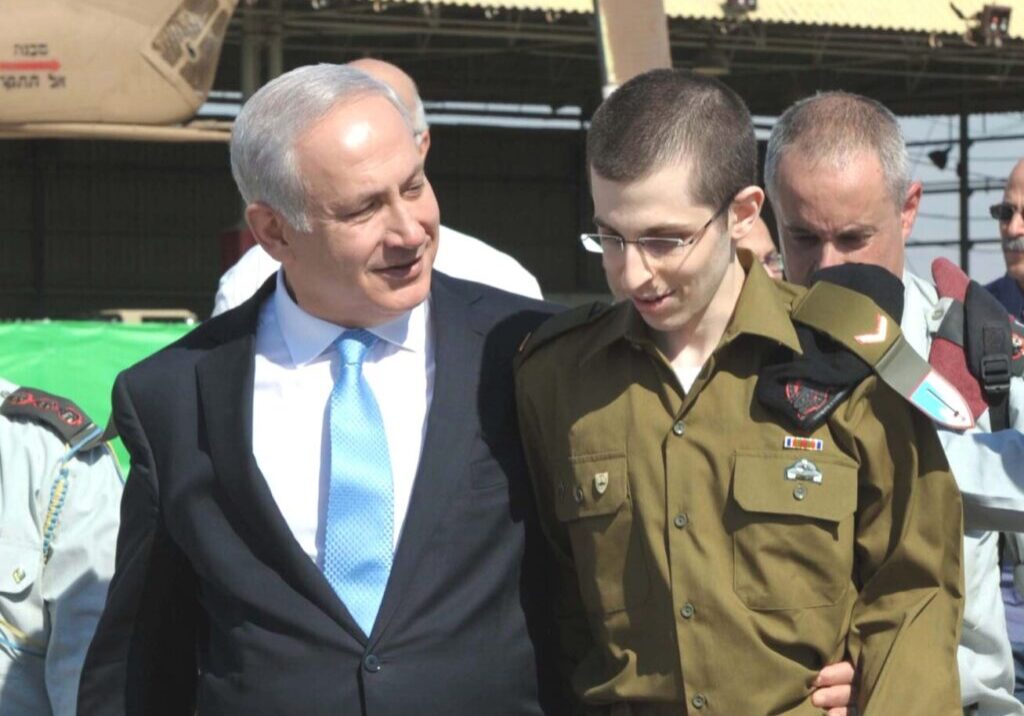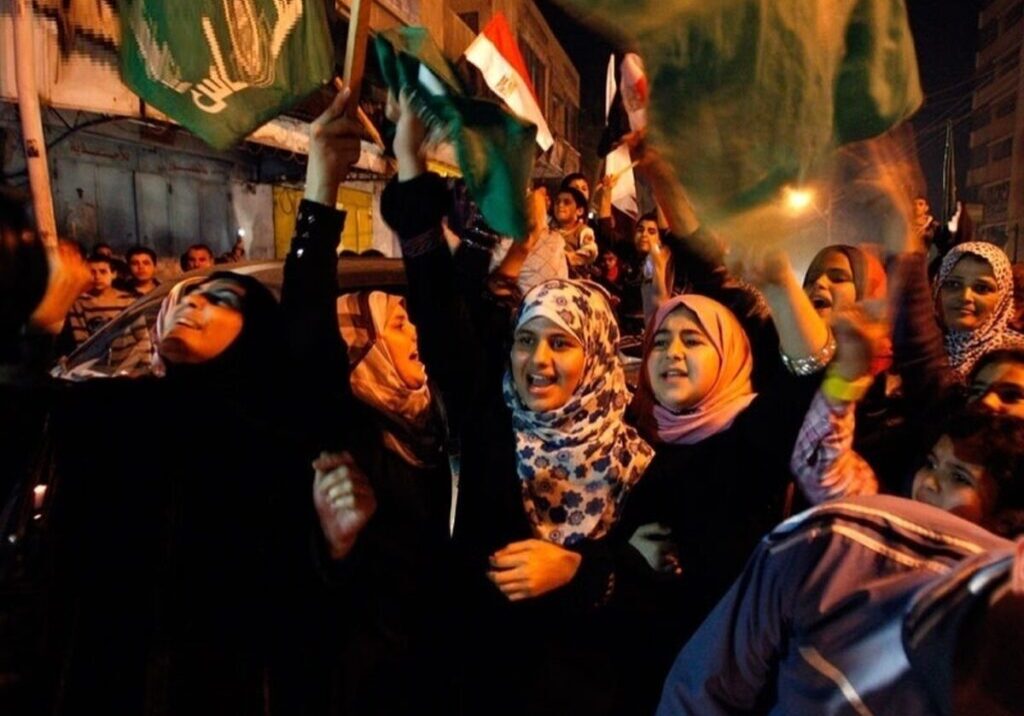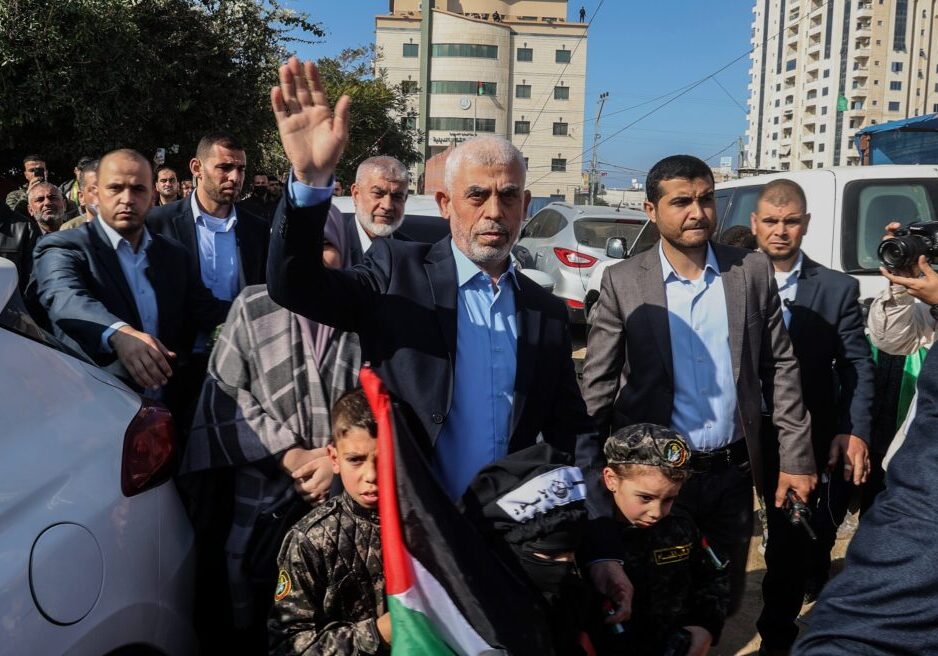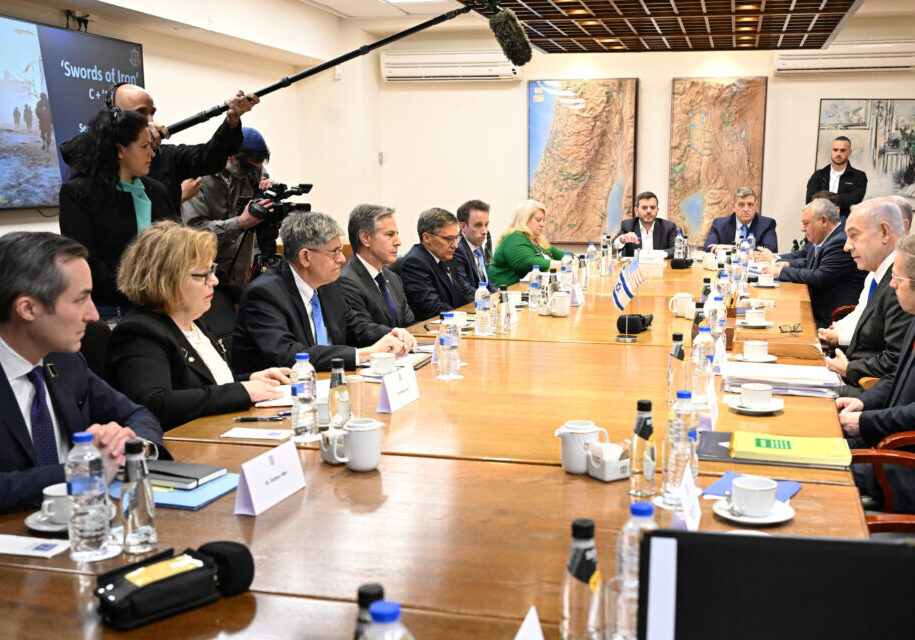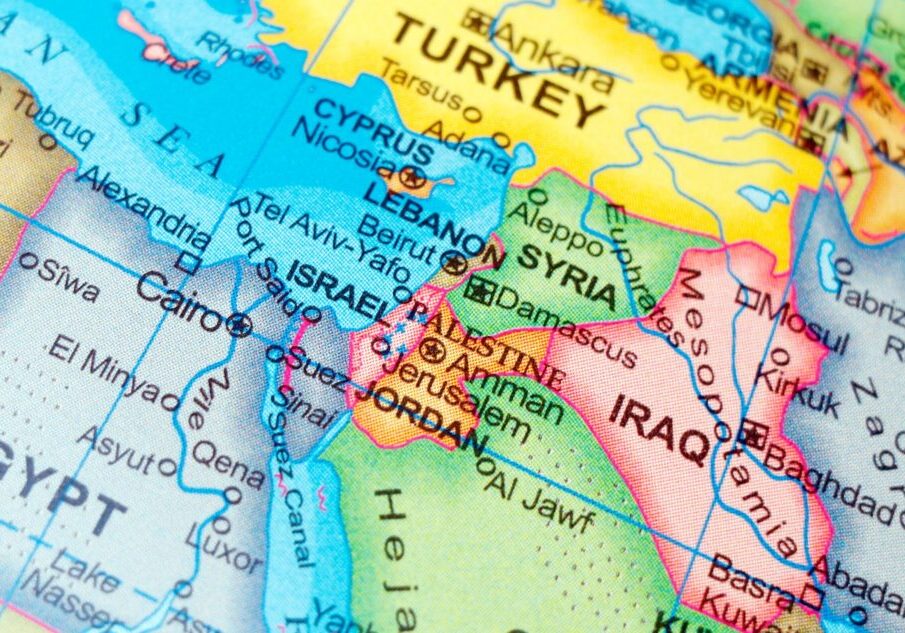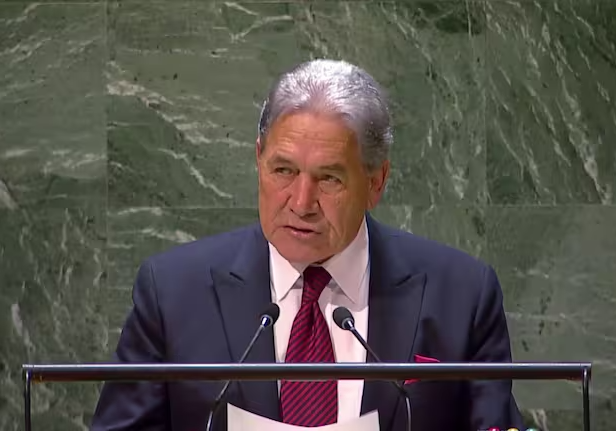Australia/Israel Review
Behind the News – January 2016
Dec 22, 2015 |
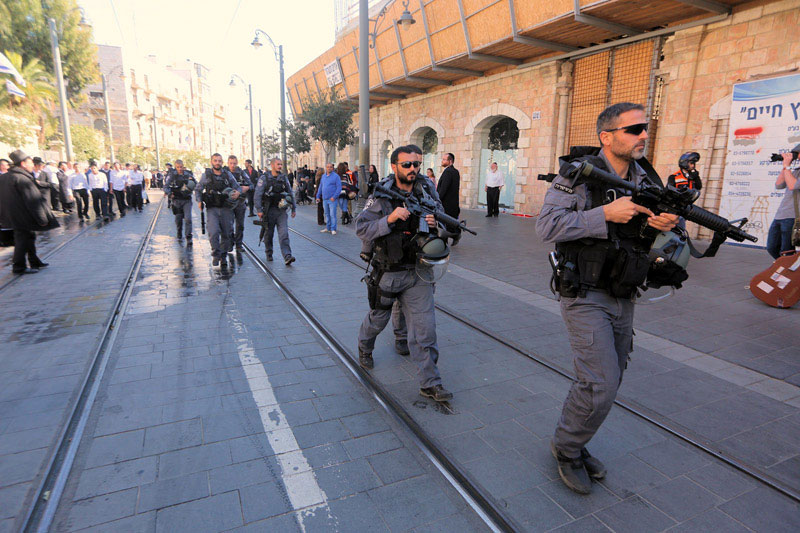
Rocket and Terror Report
Between Nov. 13 and Dec. 14, there were virtually daily attacks against Israelis involving the use of knives, guns, vehicles, rocks and various explosive devices, as the current wave of terrorism continued.
Amongst the most notable attacks were: On Nov. 19, a stabbing attack in a Tel Aviv synagogue killed Reuven Aviram, 51 and Aharon Yisayev, 32, and wounded another worshipper; that afternoon, another Palestinian with a sub-machine gun opened fire at Israeli vehicles in Gush Etzion, south west of Bethlehem, killing 18-year-old American Ezra Schwartz, 24-year-old Palestinian motorist Shadi Arafa and 51-year-old Yaacov Don, and wounding five others; on Nov. 22, Hadar Buchris, 21 was killed in a stabbing at a bus stop in Gush Etzion; the next day, 18 year-old soldier Ziv Mizrahi was stabbed and killed at a petrol station just inside the West Bank; and on Nov. 23, Palestinian teenagers aged 16 and 14 used scissors to stab a 70-year-old Palestinian man they thought was Israeli in Jerusalem.
On Nov. 16, Nov. 20, and Dec. 2 rockets fired at Israel from within Gaza fell inside the Strip. On Nov. 17, Nov. 23 and Dec. 13, rockets fired from Gaza landed inside Israel without causing injury or damage.
Hamas, ISIS discuss coordination in Gaza
New evidence of coordination and cooperation between Hamas and ISIS was revealed after news broke on Dec. 3 of a secret visit by ISIS forces commander in Sinai, Shadi al-Menei, to Gaza. During the visit, al-Menei met with leaders of the Hamas military wing to coordinate attacks on Egyptian and Israeli targets, and discuss the ongoing supply of weapons. Hamas officially claims that it opposes ISIS, but in practice the terrorist groups reportedly cooperate against mutual strategic targets, and are also jointly involved in arms smuggling.
Meanwhile, as part of its campaign to eliminate all tunnels between the Sinai and Gaza, on Nov. 27 Egypt discovered a network of 17 tunnels at a depth of ten metres which were fortified with 40cm-thick iron walls. Egyptian forces destroyed the tunnels with explosives. Egypt has been using pumped seawater to weaken and collapse hundreds of Gazan smuggling tunnels, often used for the passage of terrorists and weapons.
Russia expands presence in Syria
According to an unnamed US official, Russia has expanded its presence in Syria to include a second airbase, catering for fixed-wing aircraft, in Shayrat, near Homs. This brings the number of Russian forward operating bases to four.
Russia has also reportedly deployed its advanced S-400 “Triumph” missile defence system in Syria. The system can track and shoot down targets up to 400km away, meaning it encompasses half of Israel’s airspace. However, Israeli analysts argue that this shouldn’t cause Israel undue concern, as the system will remain in Russian hands. Israel has continued to attack Hezbollah-bound arms shipments in Syria since the system was deployed.
Iran ballistic missile test in breach of UN resolutions
Iran has reportedly carried out a second medium-range ballistic missile test in breach of two United Nations Security Council resolutions. According to a Western intelligence source, the test was held on Nov. 21, following up a similar test in October.
The missile is known as a Ghadr-110, has a range of 1800-2000 km, and is capable of carrying a nuclear warhead.
All ballistic missile tests by Iran are banned under a 2010 UN Security Council resolution (1929) that remains valid, as well as the July 20 Security Council resolution endorsing the Iran nuclear deal which called upon Iran to refrain from ballistic missile tests for eight years.
ISIS push for chemical weapons
ISIS is trying to develop chemical weapons and has set up a branch dedicated to research and experiments with the help of scientists from Iraq, Syria and elsewhere in the region, according to Iraqi and US intelligence officials, AP reported.
ISIS is already reported to have used mustard gas in Iraq and Syria. It is not clear whether ISIS developed the mustard gas or was able to obtain it from stockpiles that had belonged to the Assad regime, or from Iraq or Libya.
The New York Times also reported on extensive ISIS efforts to purchase a probably fictitious substance called “red mercury” which is supposed to create nuclear-sized blasts when combined with conventional explosives.
Meanwhile, Israeli diplomats have noted that ISIS today controls the site of the nuclear plant Syria was building with North Korean assistance that Israel bombed in 2007. Had Israel not destroyed the site, ISIS could now be in control of a nuclear reactor producing plutonium, or at least significant quantities of radioactive material.
Yemen: mercenaries and rumoured peace talks
An Australian mercenary was killed in Yemen while leading a group of Colombian mercenaries into battle against Iranian-backed Houthi rebels, according to reports that emerged on Dec. 9. At least 400 Colombian mercenaries and other private contractors have reportedly been deployed by the United Arab Emirates to fight with the Saudi-led coalition in Yemen.
In early December, the Houthis launched a cross-border offensive into neighbouring Saudi provinces, with some reported success before being halted by Saudi air strikes.
Meanwhile, on Dec. 8, the UN envoy to Yemen announced that representatives of Yemen’s government and rebels had agreed to enter into peace talks in Switzerland by mid-December.
At least 5,700 people have reportedly been killed and 2.3 million displaced in the conflict since the Saudi-led coalition intervened in Yemen in March.
Hungary, Greece to defy EU settlement labelling directive
Hungary and Greece have declared that they will ignore European Union (EU) guidelines announced on Nov. 11 that would require EU countries to add pejorative labelling to products packaged or produced by Israeli companies operating in the West Bank, east Jerusalem and Golan Heights.
Hungarian Foreign Affairs and Trade Minister Péter Szijjártó told the Israel Council on Foreign Relations in Jerusalem on Nov. 16 that he does not support the EU decision.
On Nov. 30, Greek Foreign Minister Nikos Kotzias sent a letter to Israeli PM Netanyahu informing Israel that Greece would also ignore the EU’s directive.
While the German government has said that it would comply with the guidelines, a spokesman for Germany’s ruling Christian Democratic Union party, criticised them, warning on Nov. 13 that “An anti-Israeli movement might… put it to use on anti-Israeli campaigns.”
This prediction came true when, shortly after the EU announcement, German Department store KaDeWe removed Golan Heights wines from its shelves. Following complaints by Israeli and German officials, the store reversed its decision and apologised.
Meanwhile, Netanyahu declared on Nov. 29, in response to the EU decision, that Israel was suspending ties with the EU on matters related to the peace process.
Israel makes diplomatic strides
Israel will be opening a mission to the Abu Dhabi-based International Renewable Energy Agency (IRENA), Ha’aretz revealed on Nov. 27. It will be Israel’s first official diplomatic presence in the United Arab Emirates.
The announcement is seen in diplomatic circles as part of a general thawing of relations between Israel and the Gulf states given shared concerns over Iran.
Meanwhile, in another significant development in Israel’s relations with its regional neighbours, the head of Egypt’s Coptic Orthodox Church, Pope Tawadros II, visited Jerusalem in November to attend the funeral of Coptic leader Archbishop Anba Abraham, the first such trip in decades.
While historically, it was a Coptic tradition to make pilgrimages to Jerusalem, the previous Coptic Pope had prohibited the journey.
Tags: Europe

